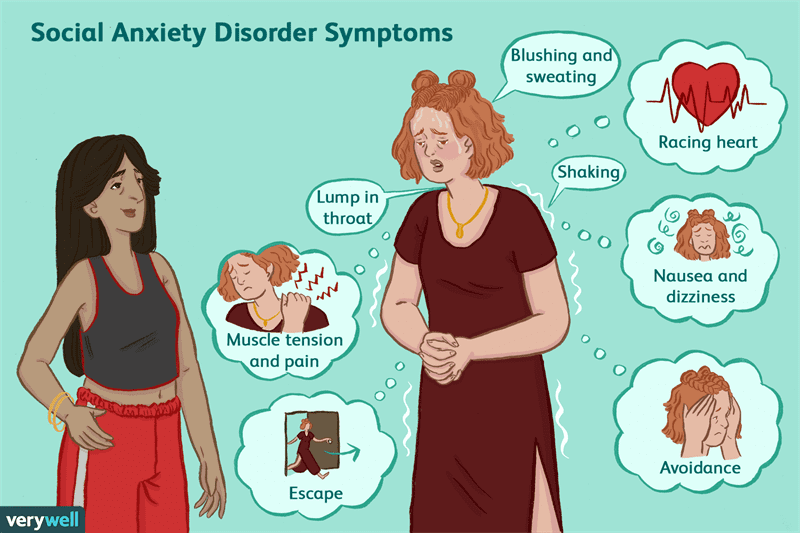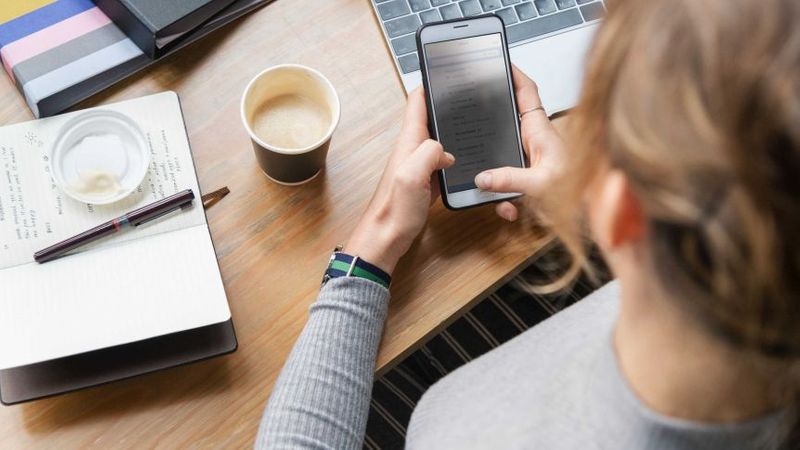Social Media And Young People’s Mental Health

Being away or oblivious to social media is synonymous with not following the herd. Social media probably is no more the latest fad; it is the given code to take a more in-depth look into the present age. The rewarding fact about social networking sites is their ability to transport us to people and places millions of miles away from us. This epoch dictates of overproduction and maximum utilization of labor and snatches away the boon of communication.
The rise of media, entertainment, and social platform are being risen day by day, and we are getting connected to it day by day. These social media platforms indeed have their benefits, constantly uploading photos, watching online movies will disconnect you from real life. Using them and depending on them is not correct. Frequently using them will make you feel uncomfortable and isolated. And while talking about the mismanagement of social media, it is not that social media doesn’t have a positive side. Social media provides knowledge and information instantly. All necessary information and documents are now transferred through an online medium because it is secure, safe, and reliable. So below mentioned points showcase how social media addiction negatively affects our mental health:
1. Peer Pressure
Social media use also creates the fear of missing out because you want to do what everyone else is doing. Peer pressure evokes anxiety and will give rise to negative feelings and emotions, which again create mental health problems and stress and anxiety disorders. Nowadays, the life of a human being is complexed, confused, and obsessed with media that, without social media friends and likes, life seems to be incomplete. It looks like to upload data is such a mandatory thing. Nowadays, kids spend hours on social media to explore lifestyle and content, but they are unaware that content and media are not filtered, and there are many posts on the digital world which is not suitable for them.

Even seeing other people’s lifestyles and observing their life is not a good sign for mental health. Especially for kids, at this age they are not fully aware of situations and conditions of life, so they start to replicate their own life with others. And if their lifestyle and dreams are not fulfilled, then begin to come in peer pressure. Peer pressure is a feeling that one must do the same activities and lifestyle as the people of the same age group do. It’s like competitive felling in each other, to prove who is the best.
2. Fatigue and Stress
When you are using social media, and constantly switching from one task to another because there is just so much to do and see. This information abundance can tire out your brain, especially when it is received chaotically. Your mind needs time and room for absorbing the data and processing the information, but multitasking on social media makes your brain work overtime. This can prevent it from relaxing, and it will become exhausted as it tries to deal with the barrage of information. Hence, the fatigue puts your mind under a lot of stress, and you may not be able to concentrate on anything at all.
Also read: Sleep & Stress
3. Social Anxiety
Even though the whole point of social media is to allow people to stay connected with others, it doesn’t have the same satisfaction and element associated with actual human interaction, which is a crucial human need. In fact, in some ways, it is too distant, and this is not a good thing for those who become dependent on social media as it can lead to social anxiety.

Those who are already suffering from this problem will find it even more difficult to indulge in face-to-face interaction. Real human interaction can become extremely scary for people as it is becoming common to hide behind your computer screens and not go out at all.
So are you being adversely affected by social media? Here are some signs to look out for:
- Low self-esteem.
- You are feeling low when you see other people’s images and lifestyles.
- Envy of other people’s lives – wishing your life was like someone Else’s.
- You are finding social media as your first and only choice of activity done for enjoyment.
- Not having as many faces to face conversations with your relatives and friends and feeling disconnected.
Here are 6 ways to protect our mental health:
1. Restrict Social Media
Using social media is a habit nowadays, and, your life will be disturbed if you need to save it, then you must restrict the use of social media for some time. You need to commit yourself that you should not use social media, and all the quality time would be spent with friends and family. By doing this, you will better connect with your personal life, and the feeling of anxiety will be reduced.
2. Observe yourself
If you are starting to avoid social media, then you need to start observing yourself that how you are reacting to yourself and behaving with others. Put an alarm on the clock so that you can easily calculate the timing and increase your timing day by day.
3. Filter your list
There are many channels and content which you will be subscribed to in your life, some may be useful, and some may be useless.

You need to filter your list that what kind of stuff is excellent and motivational and which is garbage and time-wasting.
4. Social media to real life
As time passes by you need to stop using all of your social media handles and avoid unnecessary updates, just visit the internet for gathering proper news regarding your taste and needs. As long as you will be away from social media, you will feel engaging and fun with your personal life friends.
Also read: Healthy Habits Of Super Healthy People
5. Be Honest
Be honest with your work and with your commitment, if you are looking at social media frequently even after deciding that it should be stopped. Then ask a question to yourself; these media platforms are really helpful or just making my health more and more disturbed and moving me towards depression and mental stress.
6. Take regular intervals
One should need to schedule your time for everything. Scheduling is an essential aspect of time management by distributing your work according to time will make things go in the correct direction. Through this, one will stop spending time on the internet; this will encourage the person to do some creative and productive work.









